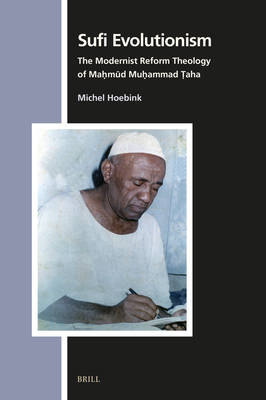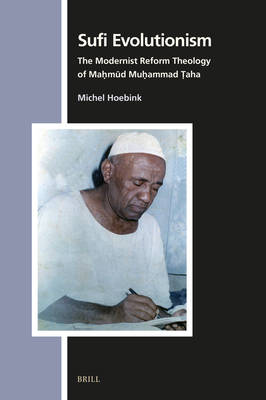
- Afhalen na 1 uur in een winkel met voorraad
- Gratis thuislevering in België vanaf € 30
- Ruim aanbod met 7 miljoen producten
- Afhalen na 1 uur in een winkel met voorraad
- Gratis thuislevering in België vanaf € 30
- Ruim aanbod met 7 miljoen producten
Zoeken
€ 239,95
+ 479 punten
Omschrijving
The Sudanese Muslim reformer Maḥmūd Muḥammad Ṭaha (d. 1985) is known for his bold proposals for Islamic legal reform. The mystical theology underlying this reform, however, has been largely overlooked. This book analyzes Ṭaha's Sufi-inspired modernist reform theology in its premodern and modern intellectual contexts. It argues that his unique reliance on premodern Sufi thought allows him to go beyond his contemporaries in bringing Islam into the modern age, in particular with his Islamic theory of evolution and his views on democratic governance and the rights of women and non-Muslims. Ṭaha's theology can be viewed as a Sufi reply to both western secular thought and to the Salafi interpretations of Islam that have gained worldwide ascendancy in the past decades.
Specificaties
Betrokkenen
- Auteur(s):
- Uitgeverij:
Inhoud
- Aantal bladzijden:
- 360
- Taal:
- Engels
- Reeks:
- Reeksnummer:
- nr. 183
Eigenschappen
- Productcode (EAN):
- 9789004748231
- Verschijningsdatum:
- 18/12/2025
- Uitvoering:
- Hardcover
- Formaat:
- Genaaid
- Afmetingen:
- 155 mm x 235 mm

Alleen bij Standaard Boekhandel
+ 479 punten op je klantenkaart van Standaard Boekhandel
Beoordelingen
We publiceren alleen reviews die voldoen aan de voorwaarden voor reviews. Bekijk onze voorwaarden voor reviews.








